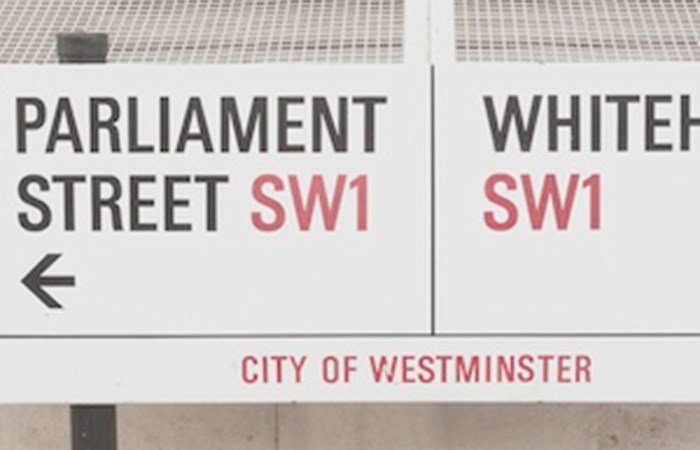Office of Tax Simplification

The Office of Tax Simplification (OTS) has today (31 July 2014) published its latest report on employee benefits and expenses (EBE), this time covering areas including accommodation benefits and termination payments. These were areas highlighted as needing study in the OTSs interim EBE report (published in August 2013).
The independent body is once again setting out simplification recommendations based on extensive research and a programme of discussions with interested parties from a wide range of sectors. This has included examining how well the tax rules reflect current working practices and comparing the UK rules with those in other countries. In outline, the OTSs findings include:
Accommodation benefits:
- rules for exempting staff living in employer-provided accommodation because it is customary and for the better performance of their duties are not working well or consistently
- Grandfathering from the pre-1977 rules causes anomalies
- rules for calculating the benefit are outdated, often relying on 1973 rateable values and a 75,000 value for expensive properties
- better way forward is to frame the exemption more closely around necessary for the job
- obvious way to assess any benefit is to use open market value rental, taking into account all relevant factors
Termination payments:
- Most people assume that any payoff is tax free up to 30,000 but in practice this is far from the case
- In general the well-advised can obtain the exemption; others too often miss out
- better route is potentially to tie the exemption to statutory redundancy and to allow any payment, to a multiple of the statutory redundancy amount, to be tax free
Other recommendations from the report include:
- amount of tax-free removal expenses need increasing significantly
- tax rules round long service awards need reform
- various other items need attention, including mileage allowances
John Whiting, Tax Director of the Office of Tax Simplification, said:
Accommodation and Terminations are difficult and sensitive areas of the tax system which we knew needed proper time to discuss and develop recommendations for simplification. Whilst we heard wide consensus on the need for reform, not least because the rules do not seem to have kept up with changes to working practices, finding a way forward has not been easy.
Consequently we have suggested some short-term improvements but we really think these are areas for fuller study in the directions that we have signposted. We think these offer real scope for simpler rules and more certainty for all concerned but there is more work to be done on their impact.
These reforms must proceed carefully and the full impact of any changes must be researched. The key is that the new rules properly reflect todays working patterns and that they dovetail with clear policy aims.
The OTSs new report encourages interested parties to contribute to the debate. Ministers will respond to the report in due course, possibly at the Autumn Statement 2014.
